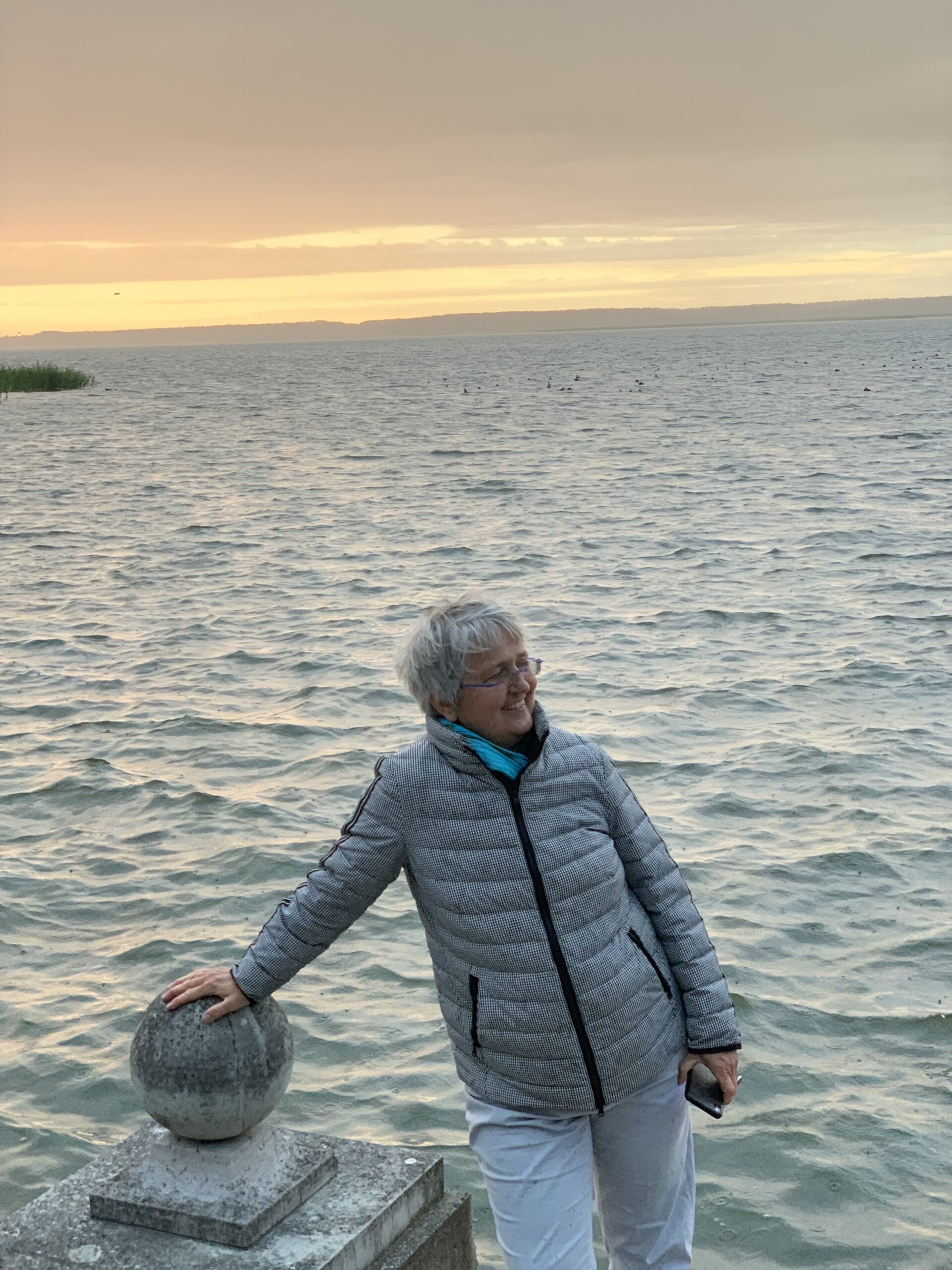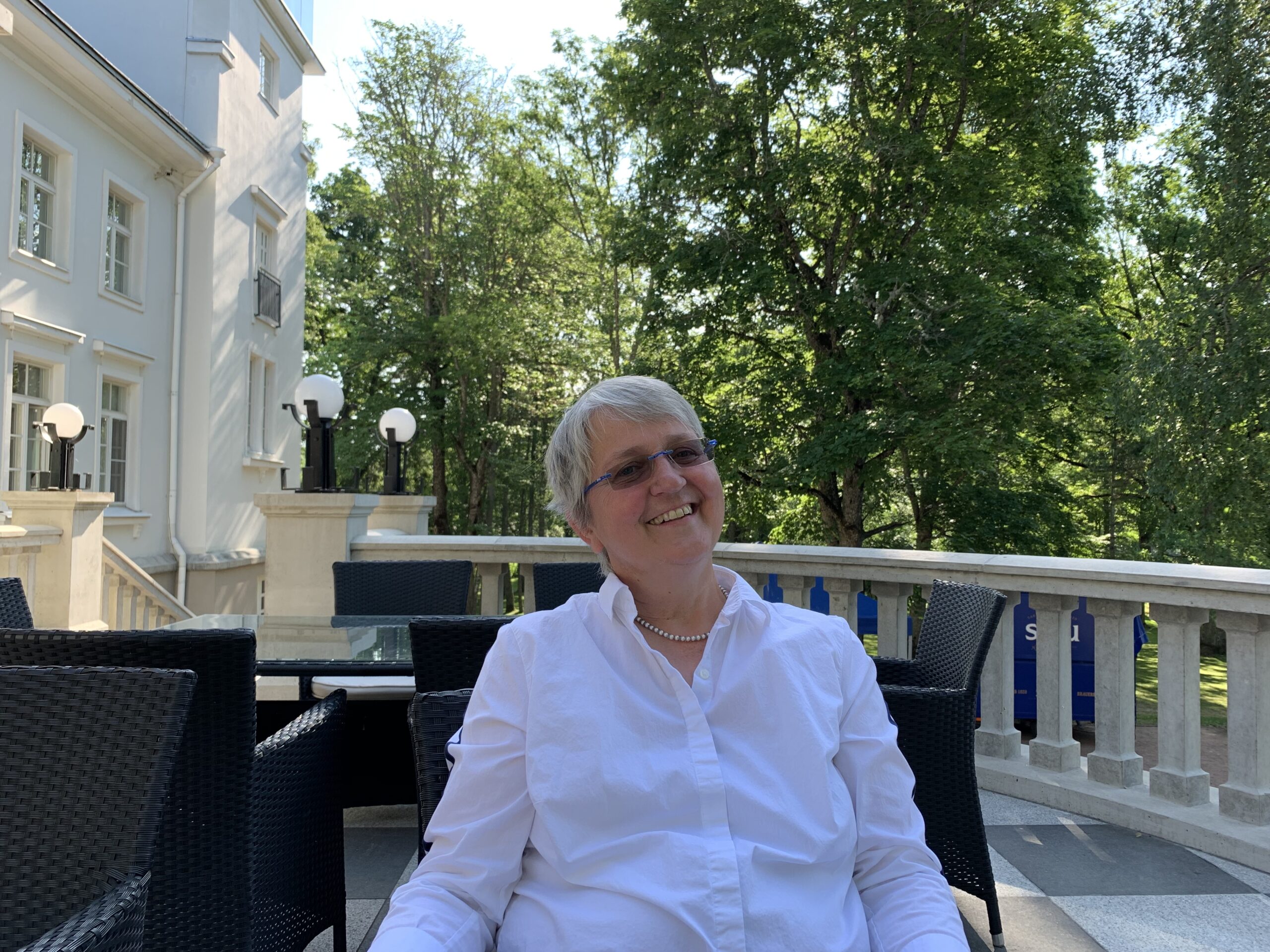Prof. Dr. Theda Rehbock's Susimetsa Philosophicum
The goal of the non-profit organization Prof. Dr. Theda Rehbock's Susimetsa Philosophicum (reg 80591506) is to establish the conditions for philosophical intellectual work, organize seminars, concerts, writing, language, and yoga camps in Susimetsa, as well as to research and promote Theda's philosophical legacy and develop Estonian-German cultural relations. The NGO has received moral support from the German Ambassador in Estonia, the Rector of the University of Tartu, and colleagues from the University of Konstanz and Tübingen.
Prof. Dr. Theda Rehbock's Susimetsa Philosophicum cooperates with the interdisciplinary Centre for Ethics and the Institute of Philosophy and Semiotics at the University of Tartu. The scholars in residence are welcome to present their research at the seminars of the Ethics Centre or of the Institute of Philosophy and Semiotics.


Theda Imke Rehbock
27.8.1957-2.1.2021
Theda Imke Rehbock was a German philosopher and bioethicist. She was born on 27.8.1957 in Aurich. Her university studies were in the fields of Philosophy and German Studies at the universities of Zürich, München, Münster and Konstanz. In 1992 she defended her doctoral dissertation at the University of Konstanz, entitled „Goethe and the Rescue of the Phenomenon: On the philosophical critique of the world-view of the natural sciences, based on the example of the theory of colours“ [Goethe und die Rettung der Phänomene. Zur philosophischen Kritik der naturwissenschaftliches Weltbildes, am Beispiel der Farbenlehre].
After receiving PhD degree she taught philosophy at the University of Koblenz, afterwards she was a postdoc Fellow at the Graduiertenkolleg „Ethics in Sciences“ at the University of Tübingen. Her Habilitation dissertation was entitled „Being a Person in Borderline Situations: On Critiques of Medical Ethics“ [Personsein in Grenzsituationen. Zur Kritik der Ethik medizinischen Handels], which she defended in 2003 at the Technical University of Dresden.
Before she got a permanent professorship in Bochum, she worked as a guest professor at the University of Harvard, Tartu and Dresden. Her inauguration lecture as a professor at the Evangelical College in Bochum in February 2019 was also a farewell lecture as she was diagnosed with cancer and she decided to take time off from the university.
Philosophical works of Theda Rehbock
Theda Rehbock was a bright, sharp and unconventional thinker. She was never satisfied with simple answers. She knew very well Immanuel Kant’s philosophy as well as phenomenology. As an ethicist she was interested in the autonomy of the patient and the topics of care, a good death (as a part of a good life), medical intervention, death and the handling of the will of the dead.
Theda very much liked Pierre Hadot’s book, „Philososophie als Lebensform. Geistige Übungen in der Antike"; [Philosophy as a Life Form. Spiritual Exercises in Antiquity] (Berlin, 1991). Hadot`s book begins with an epigraph from Immanuel Kant, whose philosophy Theda held in high esteem and which she knew well. Kant writes: „When will you learn to live virtuously, said Plato to an old man who said he had listened to his lectures. – It isn`t possible to keep speculating; at some point one has to think about bringing the teaching to life.“ (Immanuel Kant, Small Lectures, Philosophical Encyclopedia).
In today`s terms, a person whose dream it was to make Susimetsa into a place where philosophy could be practiced as a life form would be regarded as an enthusiast.
Theda herself also believed that philosophy does not only consist of how to construct a system, but in a certain way of looking at the world, not to speak of a way of living in it.

Theda Rehbock is the author of the following books:
- Goethe und die "Rettung der Phänomene": Philosophische Kritik des naturwissensschaftlichen Weltbilds am Beispiel der Farbenlehre [Goethe and the Rescue of the Phenomenon: On the philosophical critique of the world-view of the natural sciences, based on the example of the theory of colours] (1995)
- Personsein in Grenzsituationen: Zur Kritik der Ethik medizinischen Handelns [Being a Person in Borderline Situations: On Critiques of Medical Ethics“] (2005)
The following articles by Theda Rehbock are available in English:
- „How to respect the will of mentally ill persons“, Studia Philosophica Estonica,
Vol. 6.2 (2013) "Medical Philosophy and Medical Ethics in the Nordic and the Baltic Countries" (eds) K. Simm & H. Lerner
doi: https://doi.org/10.12697/spe.2013.6.2.03 - "Light And Color From A Philosophical Point Of View“, Trames, 2003, vol 7, No 3, 183-202.
- "Limits of Autonomy in Biomedical Ethics? A Conceptual Clarification", in Cambridge Quarterly of Healthcare Ethics, Volume 20, Issue 4 , October 2011, pp. 524 - 532, Special Issue "From Informed Consent to No Consent" (ed. M.Sutrop, K.Simm). DOI: https://doi.org/10.1017/S0963180111000260
- "Don't lie. Why not?" How to Argue for Truthfulness in Medical Ethics?", Cambridge Quarterly of Healthcare Ethics (2012), 21, 177–187.
